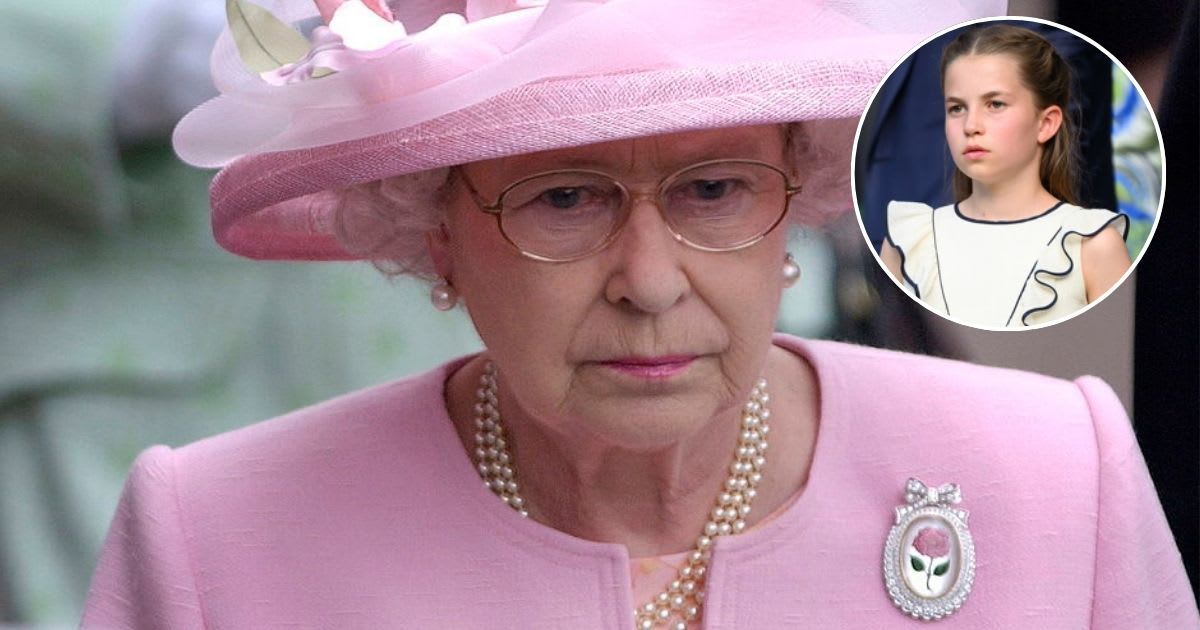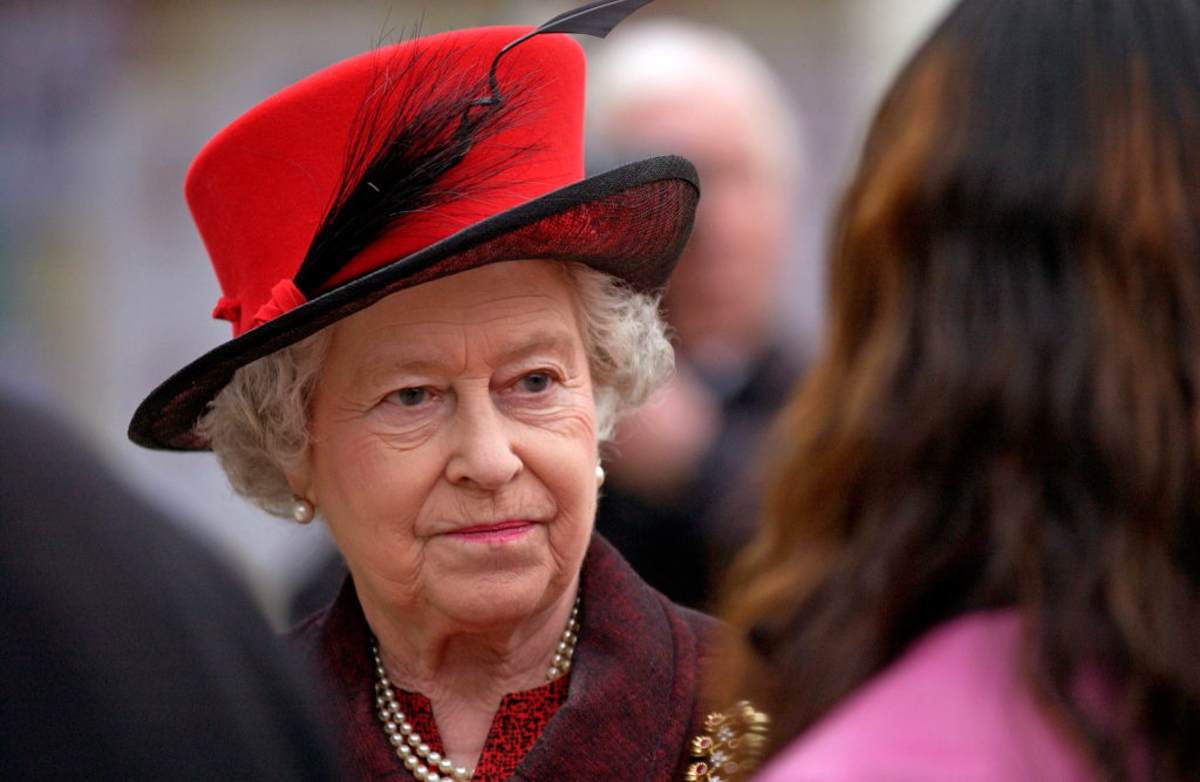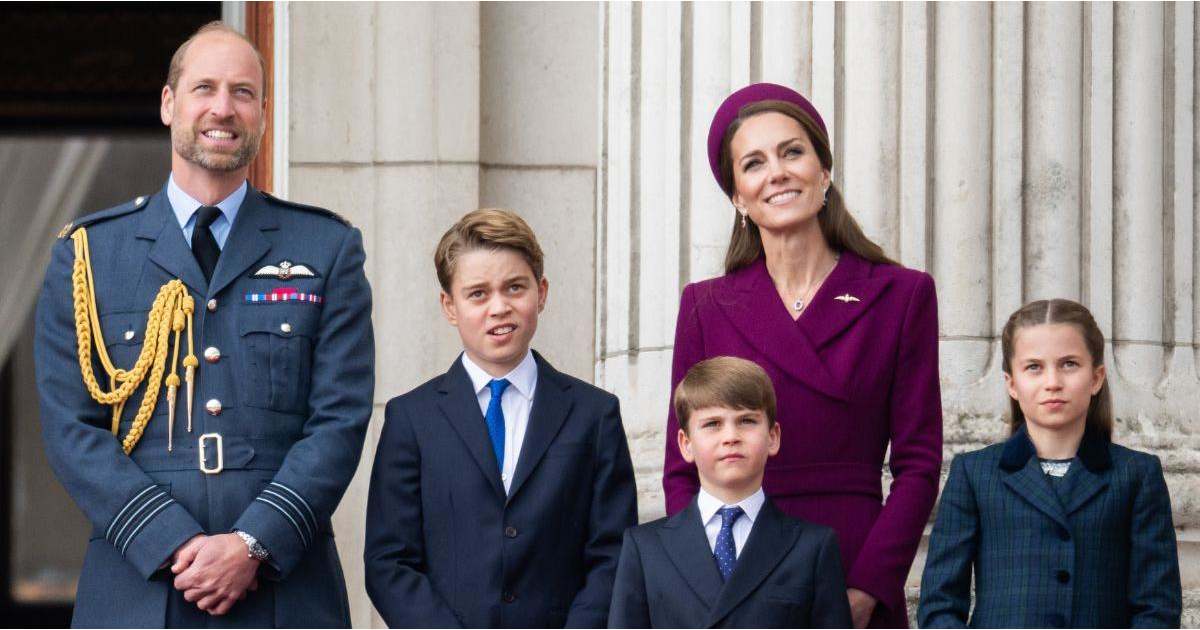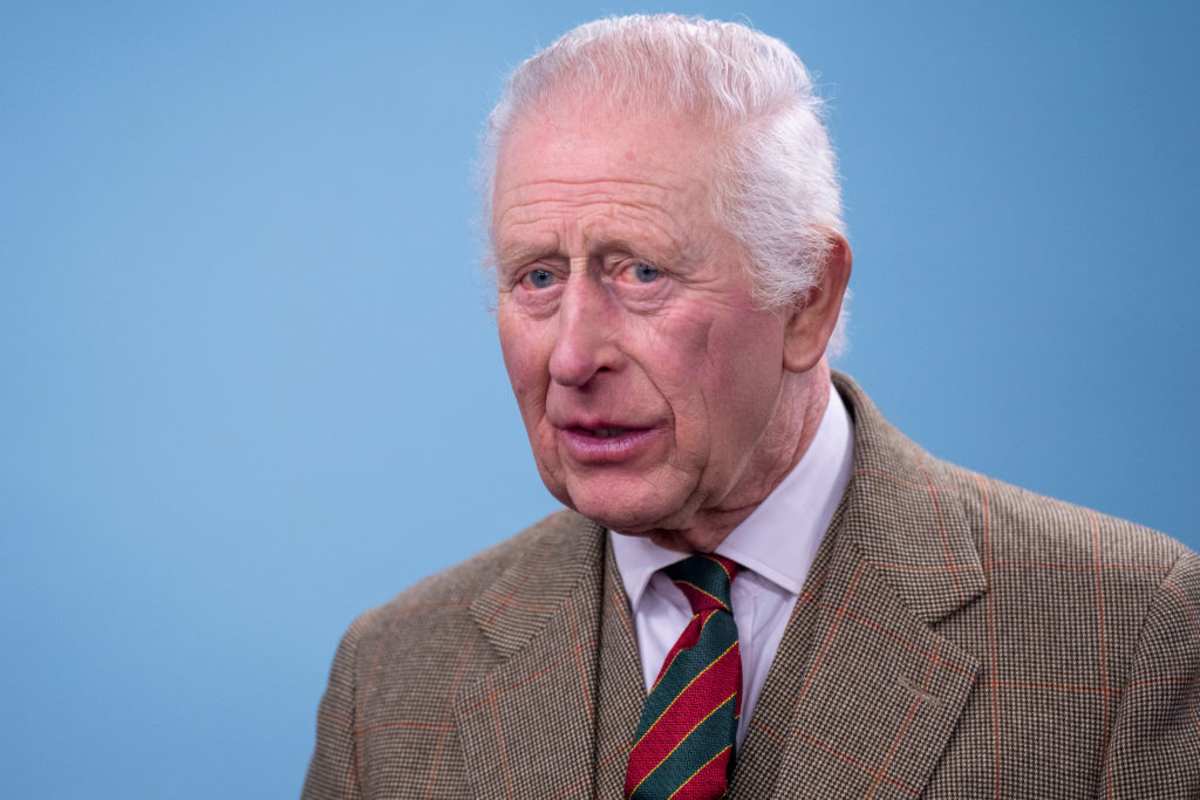Queen Elizabeth Wasn't 'Enthusiastic' About Rule Change that Secured Charlotte’s Place in Succession

In 2013, the Succession to the Crown Act made history by abolishing the centuries-old practice of male-preference succession to the British throne. Before the reform, younger sons of a monarch could 'leapfrog' their older sisters in the line of succession. While the Act was praised for its modern approach, reports suggest the royal family was not too pleased about ending male-preference primogeniture behind closed doors. In his new book, royal author Valentine Low claimed the late Queen Elizabeth remained unenthusiastic and cold about the rule change.

As reported by The Mirror, a source quoted in Low's book, Power and the Palace, alleged, "I always thought that the signals from Buckingham Palace were that if it was the wish of the duly elected prime minister of the day, and the realms can be sorted out, we will not stand in its way. I didn’t get the sense there was any great enthusiasm from the Palace and the [late] Queen herself." While the reform was being passed through Parliament, Prince William and Princess Kate were expecting their first child in 2012. While William and Kate's first child was a son and the crisis was temporarily avoided, their daughter, Princess Charlotte, later made history when Prince Louis was born, as she kept her place in the line of succession ahead of her younger brother.

Low added, "Crucially, the Palace was not against it. But they said that the government had to ensure the backing of the other 15 realms." His book also claimed that King Charles was allegedly in the same boat as the late Queen about William’s first child being a daughter. Low claimed the King reportedly feared that his granddaughter might marry a Catholic, given that the monarch is the Supreme Governor of the Church of England. This was because the Succession to the Crown Act also overturned the rule barring heirs who married Catholics from the line of succession.

According to PEOPLE, Low revealed that Cabinet Office secretary Richard Heaton received an 'unexpected invitation' from Charles to have tea with him in 2012 and discuss the law. The author penned, "What, Charles wanted to know, would happen if his first grandchild were a girl, and she married a Mr. Smith? Would the royal house be Smith or Windsor? He had other questions too — about what would happen if his grandchild married a Catholic and what effect the new law would have on hereditary peerages." Shortly after, the Daily Mail had published a story about Charles's alleged concerns, noting that he and William "appear not to have been consulted at all."
The Succession to the Crown Act 2013 established that birth order, not gender, determines the line of succession to the British throne. Before the Act, all descendants of George II needed royal permission to marry. The reform changed this rule so that only the first six people in line must seek the monarch’s approval. Charlotte became the first daughter in the royal family to benefit from this rule, unlike Princess Anne, who had been pushed behind her younger brothers in the line of succession.
